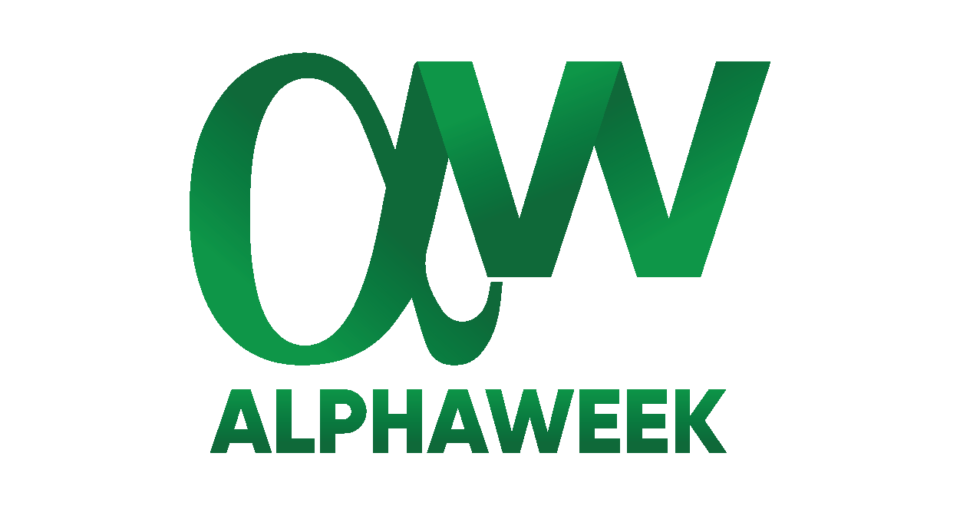There is one concept that looks set to completely transform the cross-border private equity space in the coming years: tokenisation.
Over the course of 2023, we saw the market gear up towards this eventuality. Law firms established digital funds groups, administrators created digital leads or innovation committees, and managers launched digital funds. With digital assets and tokenisation becoming increasingly accepted as the future by both investors and managers globally, in 2024 we will undoubtedly start to see a pick-up in activity in this space.
And it’s a fundamental shift, informing the structuring of real asset funds in critical ways, including in the private equity sector.
As a process, tokenisation involves converting ownership rights to a particular asset into a digital token on a blockchain, with this digitisation of assets having the potential to reshape traditional financial systems. It has the potential to bring with it some significant benefits, including:
- greater transaction speed and efficiency, with many tokenised processes, including transactions and transfers, being automated, speeding up the settlement and clearing of real assets
- greater liquidity and accessibility, with tokens allowing fractional ownership, making it easier for investors to participate in markets that historically have been less accessible due to high costs and regulatory barriers – from properties and art works to company shares and commodities. Trading on secondary markets via tokenisation also improves liquidity, making asset diversification easier – for all types of investors, including institutional
- enhanced transparency, with distributed ledgers often being publicly available, and every transaction on them being stored and retrievable. The immutable nature of the underlying technology means that transaction history is effectively tamper proof, helping to mitigate counterparty risk.
Overall, the potential benefits of tokenisation to the private equity sector are huge, with estimates suggesting that asset tokenisation will grow into a $16 trillion global business by 2030 (BCG and ADDX).
Challenges
But, while tokenisation presents significant opportunities, there are also a number of considerations and challenges along the whole supply chain – from managers, lawyers and service providers, to jurisdictions generally, fund boards and investors.

The very borderless nature of tokenisation, which itself provides so much opportunity, raises key questions around:
- Industry disruption: greater access to assets for people outside of the professional investment sector will prompt fundamental discussions about rights and responsibilities. The industry can expect some significant disruption prompted by the emergence of new categories to define investors and asset classes.
- Regulation: tokenisation will present the private equity sector in general terms with a number of regulatory challenges. With or without more regulation, there could very well be some complex and expensive legal disputes ahead. What happens, for example, if someone loses their private keys but the asset still exists? Or how easy will it be to correct a mistake made when entering something on a distributed ledger?
- Greater exposure to fraud: smart contracts are only as reliable as the code that is used to create them and there is consequently potential for poorly-written smart contracts to be exploited by hackers.
- Complexity around the recapitalisation of real asset funds: private equity, as well as real estate and other real asset funds, needs to be re-capitalised from time to time. It is not yet clear how tokenised funds, perhaps with many smaller investors, would be able to do this.
- Scalability: in the case of private equity, a sizeable universe is needed to be able to create a portfolio of tokens for diversification, meaning that scalability needs to improve before the tokenised opportunity for real asset funds can be fully realised.
- Governance: the greater access to assets via tokenisation will lead to some interesting governance questions, such as around protection for investors. Will investors in a tokenised fund have the same rights as investors in a traditional fund, for instance?
- Domiciliation: tokenised funds are global, meaning it will be very difficult to say to investors in one country that they can access a tokenised investment vehicle but not in another. This will raise key questions around where funds are domiciled and how they are structured.
Combined, these challenges pose complex questions and how the industry responds in 2024 to address and minimise the risks posed by this inevitable trajectory will be critical. A strong, cooperative approach from governments, regulators and industry is important.
From a technology perspective, implementing all the necessary infrastructure to support this trend is going to present the industry generally with some challenges that will likely require deep pockets. There’s no doubt that the industry as a whole can expect to see their tech spend increase in the coming years in blockchain and related technologies, which are in continual rapid development, if they are to align themselves with and seize opportunities in this space.
At a private equity fund board level, meanwhile, directors and senior executives will also need to expand their expertise, to ensure they have a good understanding of blockchain, and distributed ledger technology more broadly.
Future
The direction of travel is clear – tokenisation is set to be transformative for the private equity sector and, given the pace of change in this space, 2024 will be a critical year for the industry at a global level to both embrace the concept of tokenisation and make critical shifts in its thinking, expertise and infrastructure, to ensure it is mitigating the risks it presents.
Real assets, in particular private equity as well as real estate, are the first asset classes to be tokenised and managers of those funds are right at the cutting edge of the industry’s transformation. The decisions that they are making today will form a blueprint for the fund industry at large – while at all levels of the private equity supply chain, those that do not evolve to respond to the tokenisation revolution risk getting left behind.
**********
Elliot Refson is Head of Funds at Jersey Finance

